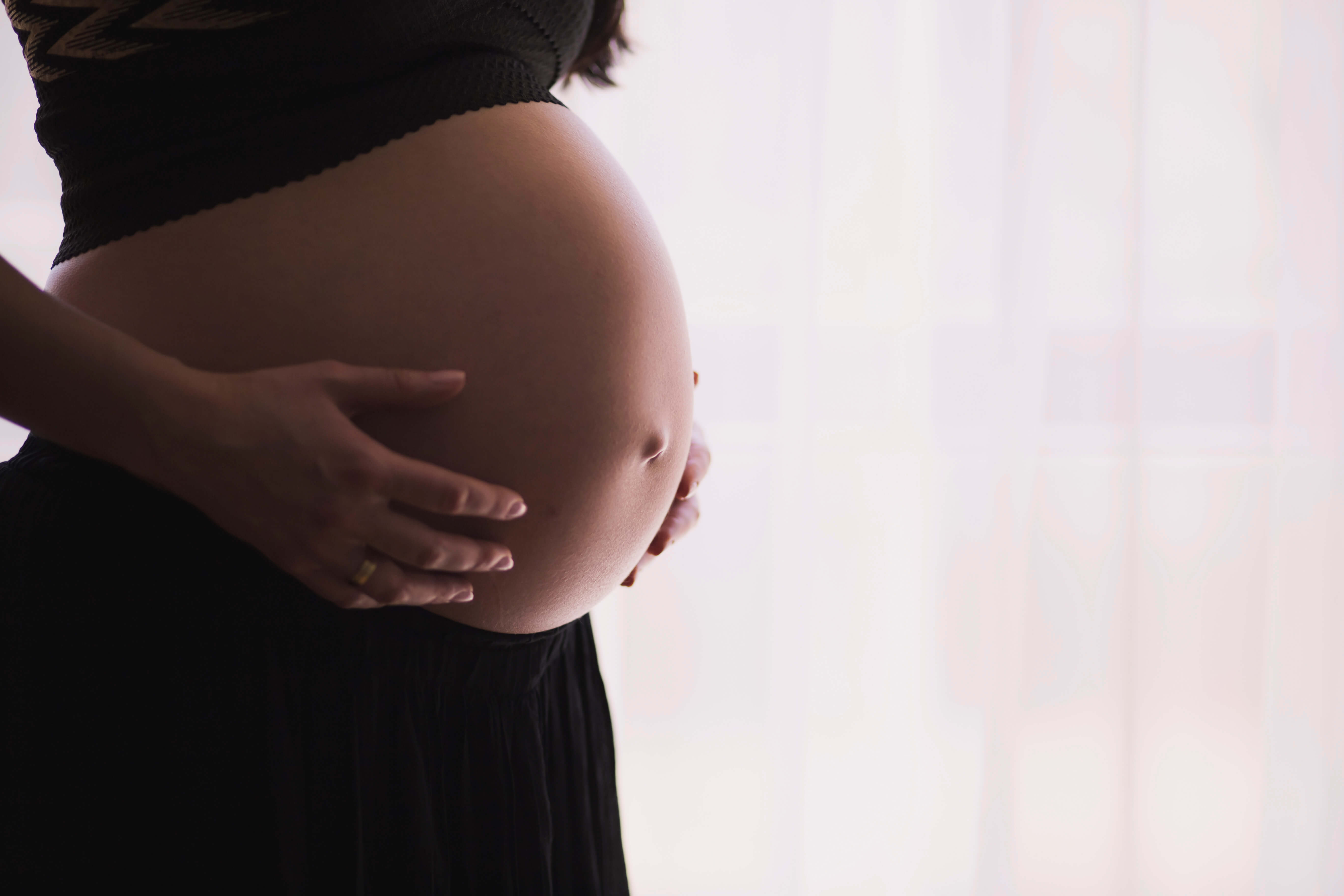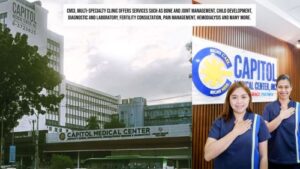
Comprehensive Sexuality Education (CSE) can keep the risk of unintended pregnancy among Filipino adolescents from accelerating beyond imagination, according to the Commission on Population (POPCOM). It can also impact on the education, economic conditions, and the future of young Filipino women and their families.
Teen pregnancy among young people aged 15 to 19 years old are on the upswing with a record 209,872 cases from 2014, according to the 2014 Vital Registry of the Philippine Statistics Authority (PSA), and likely to be higher on the succeeding years.
In 2011, there were 203,653 reported cases, equivalent to an increase of 6,219 in only three years.
The top three regions with the highest incidence of teen pregnancy in the country are CALABARZON (Cavite, Laguna, Batangas, Rizal, and Quezon), with 28,605 cases; Metro Manila, 26, 606; and Central Luzon, 24, 729.
Region XI in Davao registered 12,195 during the same period, while the rest had average over-or-below-10,000 reported cases in their regions:
Central Visayas, 16, 708; Western Visayas, 12, 719; Northern Mindanao, 11, 971; SOCCSKSARGEN (South Cotobato, Cotobato, Sultan Kudarat, Sarangani, and General Santos City), 10, 721; Ilocos Region, 10, 398; Cagayan Valley, 9,285; and Eastern Visayas, 9,155.
Across the developing countries, it was learned from the United Nations Population Fund that 7.3 million females under age of 18 give birth every year.
The uprise in Filipino girls getting pregnant is attributed to so many reasons, among them are: “early sexual initiation before age 18 and other sexual behaviors in both sexes,” like commercial sex (paying for sex, and being paid in exchange for sex), casual sex, nonromantic regular sexual relationship, and extramarital sex; and including smoking, liquor, and drug abuse, intoxicating music, and misuse of technology that can all lead to passion and sexual activities, as indicated in the Young adult Fertility and Sexuality (YAFS) studies by the University of the Philippines Population Institute and Demographic Research and Development Foundation.
A study authored by Alejandro N. Herrin showed that early childbearing reduces the probability for teenaged girls to finish high school. Once they do not complete secondary education, these young mothers find it hard to get jobs that pay standard wages. “Lifetime wage earnings of 18- to 19-year old Filipinas foregone due to early pregnancies” is estimated to be somewhere at “between PhP24 billion and P42 billion, with a statistical mean of PhP33 billion,” representing “from 0.8 to 1.4 percent of Gross Domestic Product (GDP, at average 7 or 8 percent, 2017, as NEDA projected), with mean 1.1 percent,” according to the National Demographic and Health Survey of 2013 and Labor Force, Family Income and Expenditure Surveys of 2012.
An antidote to the pressing early childbearing situation, according to POPCOM Executive Director, Dr. Juan Antonio A. Perez III, is comprehensive sexuality education.
CSE is an instructional method where young Filipinos gain knowledge, attitudes, skills, and values to make appropriate and healthy choices in their sexual behaviors, POPCPM said. It can help prevent the young from unintended teenage pregnancies, contracting sexually transmitted infections (STIs), including human immunodeficiency virus (HIV), and from domestic and sexual violence.
POPCOM is currently working with stakeholders in pushing for CSE implementation that can also help Filipino women better their lives, educationally and economically. CSE is also a salient feature of the Responsible Parenthood and Reproductive Health Act of 2012 that is pending full implementation before the Supreme Court.
The Commission, meanwhile, is addressing this early childbearing situation through its various adolescent health and development initiatives, among them, are the Youth-for-Youth (U4U), where young people can access information through social media; Interactive Voice Response; and Teen Trail Events, where the young are provided with responsible sexuality information.















